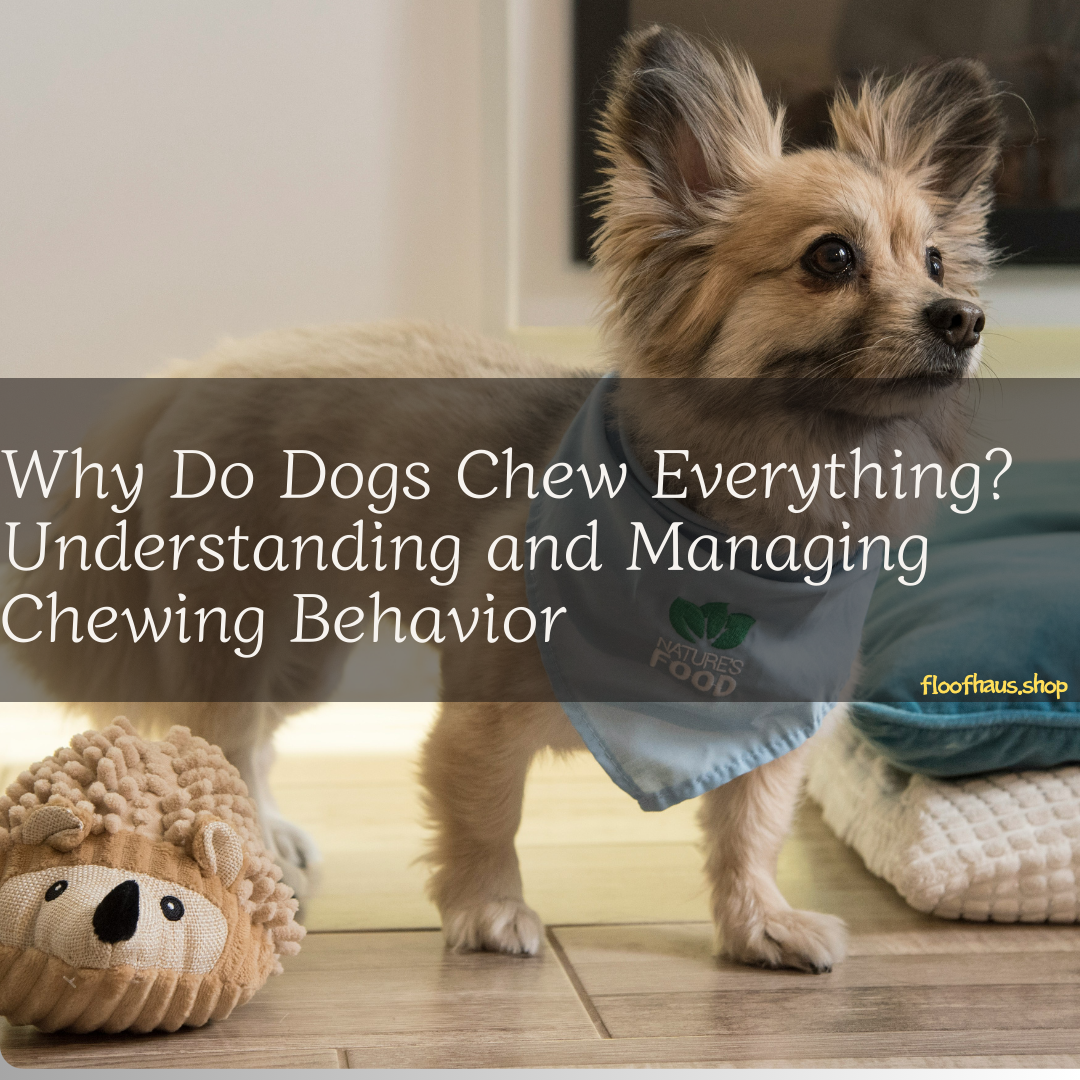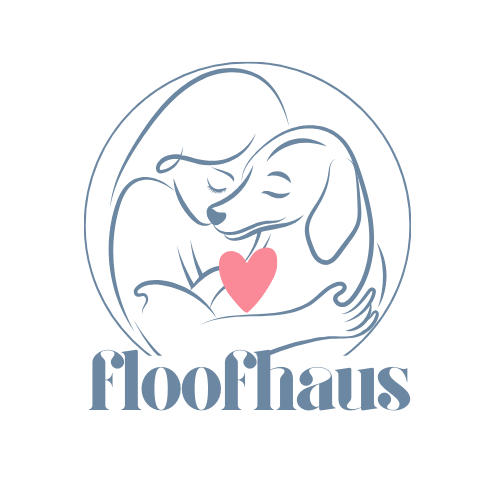
Why Do Dogs Chew Everything? Understanding and Managing Chewing Behavior
Share

Dog chewing is one of the most common behaviors that pet owners notice. From shoes and furniture to random household items, chewing is a natural part of a dog’s life. However, uncontrolled chewing can become destructive and even dangerous. Understanding why dogs chew, what triggers excessive chewing, and how to manage it is key to keeping your pup safe and your home intact.
Why Dogs Chew
Chewing is a natural and healthy activity for dogs. Puppies chew to relieve teething discomfort and to explore their environment. Adult dogs may chew for several reasons, including boredom, anxiety, stress, or even a lack of exercise. Chewing also helps dogs maintain clean teeth and strong jaws.
Different breeds and personalities also influence chewing behavior. For example, high-energy breeds like Border Collies or Labrador Retrievers often chew more when they lack physical or mental stimulation. Understanding your dog’s motivations can help you address chewing in a targeted and effective way.
Signs Your Dog Is Chewing Too Much
Not all chewing is a problem, but excessive chewing can indicate behavioral or health issues. Watch for these signs:
- Destroyed furniture, shoes, or household items
- Chewing on inappropriate objects despite having toys
- Signs of anxiety, restlessness, or hyperactivity
- Difficulty focusing or settling down
If you notice your puppy chewing excessively, it may also be a sign of separation anxiety, boredom, or insufficient mental stimulation. Recognizing these signs early allows you to take proactive steps to redirect your dog’s chewing behavior.
Common Causes
- Teething: Puppies often chew to relieve discomfort from teething. Providing appropriate chew toys can help prevent them from chewing furniture or personal belongings.
- Boredom: Dogs that lack physical and mental activity may chew to entertain themselves. Puzzle toys, interactive games, and regular walks can reduce boredom.
- Separation Anxiety: Dogs left alone for long periods may chew as a coping mechanism. Training, gradual desensitization, and safe confinement can help alleviate anxiety-driven chewing.
- Attention-Seeking: Dogs may chew to get a reaction from their owners. Consistently redirecting them to toys and rewarding positive behavior is effective.
- Medical Issues: In rare cases, chewing can indicate dental pain or gastrointestinal issues. If excessive chewing is sudden or accompanied by other symptoms, a veterinarian should be consulted.
How to Manage and Reduce Dog Chewing
Managing chewing requires a combination of tools, training, and proactive strategies. Here’s how you can help:
Provide Appropriate Chew Toys
Offer a variety of durable toys that satisfy your dog’s need to chew. Rotate toys regularly to keep them interesting. Toys made of rubber, rope, or specially designed edible chews can be excellent options.
Exercise and Mental Stimulation
Boredom often leads to destructive chewing. Daily walks, play sessions, and mental exercises, like puzzle feeders, keep your dog engaged and reduce unwanted behavior.
Training and Supervision
Teach your dog commands such as “leave it” or “drop it” to prevent chewing on inappropriate items. Supervise your dog closely, especially during the first weeks of introducing new toys or routines.
Limit Access to Temptations
Keep shoes, clothing, and other chewable items out of reach. Use baby gates, crates, or playpens when necessary to control access and prevent destructive chewing.
Deterrents
Safe, bitter-tasting sprays can discourage chewing on furniture or shoes. Apply sprays to items your dog tends to target and redirect them to approved chew toys.
Special Considerations for Puppies
Puppies are naturally inclined to chew, especially during teething. Providing chew-friendly toys and supervising playtime is crucial. Puppy-proof your home by removing items that could be harmful if ingested, such as electrical cords or small objects. Establishing good habits early will make training easier as your puppy grows.
Advanced Solutions for Persistent Chewing
For dogs with persistent chewing habits, consider these advanced strategies:
- Interactive Feeders and Puzzle Toys: These stimulate your dog mentally while providing a safe outlet for chewing.
- Structured Play Sessions: Designate daily times for tug-of-war, fetch, or other interactive games to release energy.
- Behavioral Consultation: For severe cases, consult a professional dog trainer or behaviorist for tailored solutions.
How floofhaus Helps With Chewing Solutions
At floofhaus.shop, we offer a wide selection of dog chew toys, interactive toys, and teething solutions. Our products help redirect chewing behavior to safe alternatives while keeping your pup entertained and mentally engaged. With durable and fun options, floofhaus makes it easier to prevent destructive chewing and keep your dog happy.
Final Thoughts
Chewing is natural, but managing it effectively requires understanding your pet’s needs. By providing appropriate toys, mental stimulation, training, and supervision, you can reduce destructive habits and help your dog thrive. With support from floofhaus pet supplies, controlling chewing behavior becomes easier, safer, and more enjoyable for both you and your dog.
Sources
American Kennel Club – Why Dogs Chew
https://www.akc.org/expert-advice/training/why-do-dogs-chew-everything/
PetMD – Understanding Dog Chewing
https://www.petmd.com/dog/behavior/why-do-dogs-chew-everything
ASPCA – Managing Canine Destructive Behavior
https://www.aspca.org/pet-care/dog-care/common-dog-behavior-issues
